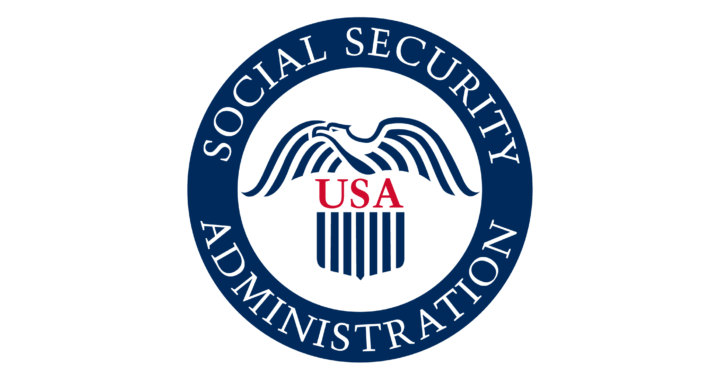Historically, if someone had a Social Security Disability Insurance (SSDI) overpayment, the Social Security Administration (SSA) would withhold their entire benefit amount until it was repaid. To avoid this, individuals had to enter into a repayment agreement with SSA, typically repaying the full amount within 36 months, with some exceptions based on financial ability.
Under the new rules, SSA will only take 10% of the monthly SSDI cash benefit, and the repayment period has been increased to 60 months. Once again, there may be exceptions based on financial ability.
Overpayments often occur when individuals return to work and fail to notify SSA or do so belatedly. However, some overpayments result from SSA not promptly acting on income reports. To address this, under the new rules, the burden of proof for an overpayment has been shifted to SSA instead of the individual. This means SSA must investigate if the individual had been reporting wages and assume responsibility for the overpayment if necessary.
Will these changes eliminate overpayments altogether? Likely not. SSDI recipients are still responsible for notifying SSA when they return to work and reporting their work income each month. By regularly and timely reporting income to SSA, if an overpayment does occur, it will be easier to have it waived under the new rules. Additionally, if an overpayment is due to the SSDI recipient not reporting their income at all or in a timely manner, the new rules make it less burdensome to repay the overpayment.
For more information:

